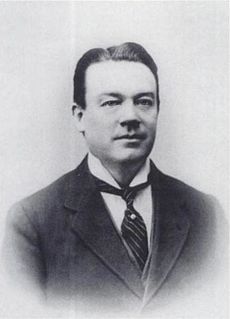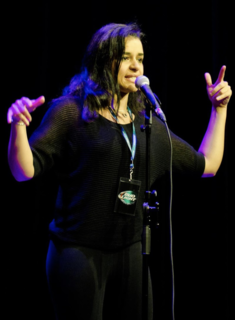A Quote by Deborah Tannen
I would say 'woman' used to be a noun, and now it is a noun and also an adjective. And words change their functions in that way. It's one of the most common phenomena about words. They start as one thing, and they end up as something else.
Related Quotes
Whatever one wishes to say, there is one noun only by which to express it, one verb only to give it life, one adjective only which will describe it. One must search until one has discovered them, this noun, this verb, this adjective, and never rest content with approximations, never resort to trickery, however happy, or to vulgarism, in order to dodge the difficulty.
The concept of why is already in the vernacular. It is now a noun. "That company doesn't know their why." "They need to learn their why." "That politician needs to understand his why." We talk about it as a noun. That never existed prior to 2009. That never existed prior to 2006 when I first started articulating it. This is the most amazing thing to me. It has now become a concept. It's part of the way we think about businesses and transactions and decisions.
Hyacinth,” Lady Bridgerton said in a vaguely disapproving voice, “do try to speak in complete sentences.” Hyacinth looked at her mother with a surprised expression. “Biscuits. Are. Good.” She cocked her head to the side. “Noun. Verb. Adjective.” “Hyacinth.” “Noun. Verb. Adjective.” Colin said, wiping a crumb from his grinning face. “Sentence. Is. Correct.






































